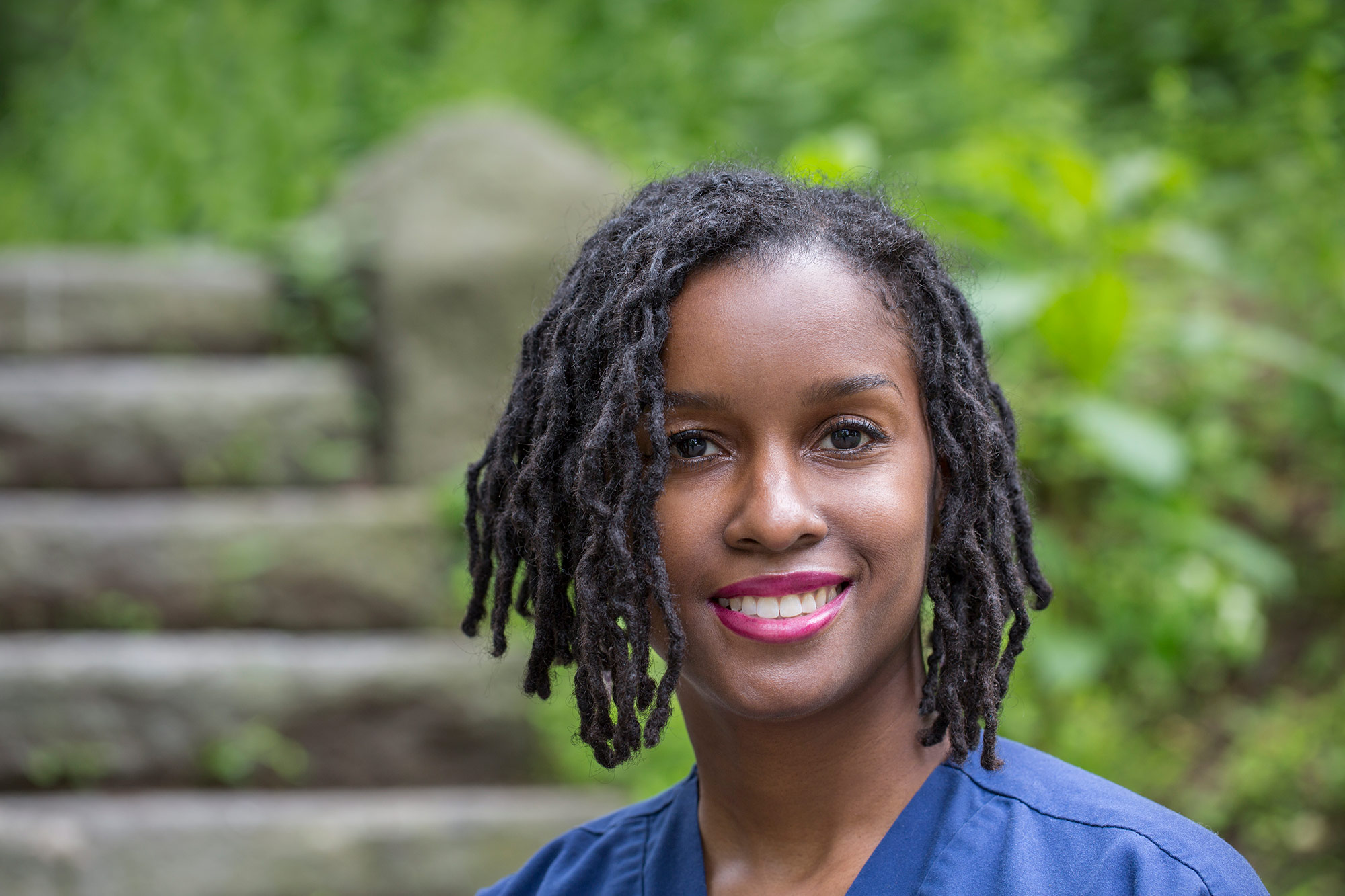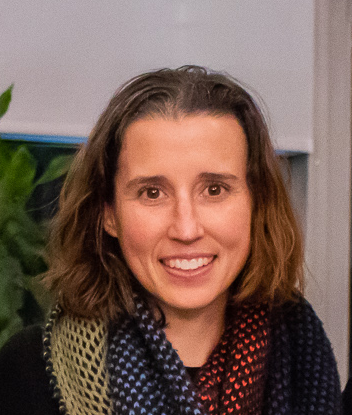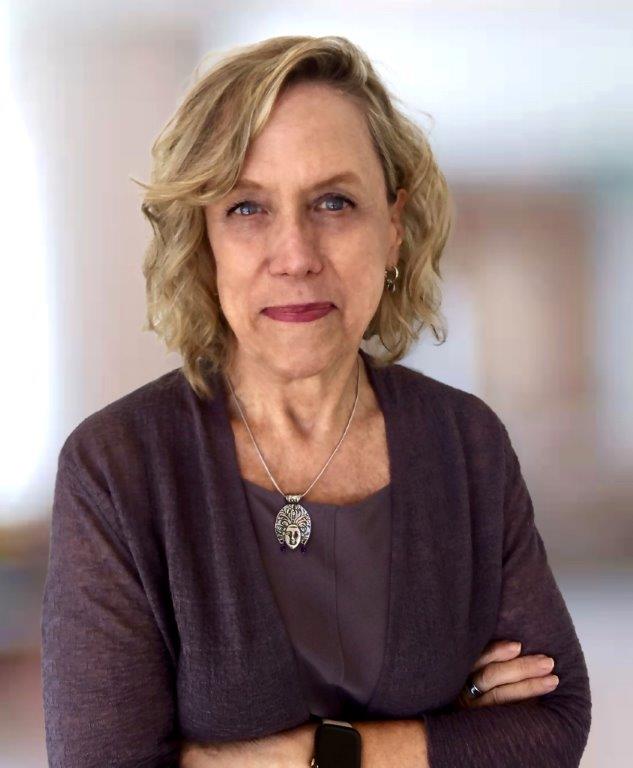NCHDV Steering Committee: Finding Hope and Healing in the time of COVID-19

Today at FUTURES we are honoring what would have been Day One of the 9th National Conference on Health and Domestic Violence (NCHDV) in Chicago. Over the last few months, many of our lives have changed. Much of our NCHDV community are on the front lines of the COVID-19 response – having to adapt and innovate new strategies for health and safety. We asked three of our NCHDV steering committee members who to reflect on their experience mobilizing to address the impact that COVID-19 has had on communities:

Makini Chisolm-Straker, MD MPH is an assistant professor Department of Emergency Medicine, The Icahn School of Medicine at Mount Sinai, Mount Sinai Brooklyn and also on per diem at Elmhurst Hospital Center Emergency Department in Queens. Makini represents HEAL Trafficking on the NCHDV Steering Committee.

Amanda Pyron is the Executive Director of the Chicago Metropolitan Battered Women’s Network and represents them on the Steering Committee.
 Connie Mitchell, MD MPH is the Deputy Director, Center for Family Health at California Department of Public Health and has served on the NCHDV Steering Committee since the first conference in 2000.
Connie Mitchell, MD MPH is the Deputy Director, Center for Family Health at California Department of Public Health and has served on the NCHDV Steering Committee since the first conference in 2000.
Q: Your job and life has changed in many ways in the last two months – is there a reflection, lesson, innovation or message that you would like to share with the health and anti-violence fields?
Makini: In fact, my life has not changed much at all. This is what emergency medicine and public health are about and for. This time, I am counted among the privileged. From the safety of my privilege, where not much has changed, I consider that not much has changed. It is our same people that bear this burden. Our same people are dying, are hungry, are grieving, are sacrificing, are afraid. They are in danger, in their own homes. We are not “in this together,” and we’ve never been. But a nation is its people, not its privileged leadership. Octavia Butler wrote, “We cannot become what we want by remaining what we are.” Who are we, as a nation? This answer will require deep, terrible honesty. Who do we want to be? What do we want the seventh generation to say? How will we seal the gap? The actions required to build a lasting bridge must trouble the water.
Amanda: A core reflection for me is on the importance of relationships. I have personally and professionally been sustained by the great partners and providers who are a part of the Network and our wider community. I am proud to call them colleagues and friends and couldn’t imagine going through this without their support. I am thankful of the relationships with our City and State champions who have only been a text message or phone call away during this period.
Connie: I am coming to understand that there are three main challenges that have emerged all at once for myself and our field. There is the intellectual challenge of understanding virology – transmission, testing, protecting our health, healing from the virus, etc. We are all having to embark on a huge knowledge acceleration to stay on top of new information that emerges every day. There is also a process challenge: we now have to operate with new and different models of decision making and systems operation. I am seeing this process challenge both in my work at the California Department of Public Health, where we are all trying to learn and move together with a centralized command, but also in our communities and home lives. We are having to figure out new ways of doing things and caring for each other. Lastly there is the emotional challenge. You know there is suffering and pervasive fear and anxiety that is justified. The major response to this pandemic is physical distancing which isolates people by intention and unfortunately can magnify our fears. Every day, I am having to manage the convergence of these three major challenges at once both personally for myself and my family but for my public health workforce and the population we serve. Staying focused, setting realistic priorities for each day and including self-care is essential to managing the “convergence”.
Q: What do you and your colleagues need from the health and anti-violence fields right now?
Makini: I cannot speak for my colleagues. So, I say this with them in mind. Every shift for years, I and my colleagues bear witness to the traumas and the deaths and the sufferings that are innumerable, unbearable, and at a national level, accepted as commonplace. We hold these liquid truths for you. Even now we are holding back what we see at work, but the obnoxiously transparent truth is spilling out and over. Again, I quote Octavia Butler, “Not every pain should be immediately healed.” This pandemic will demand time for healing because the pains that fueled it have been centuries-long. Imperialism and genocide. Capitalism and acculturation. Patriarchy and white supremacy. These are what drive the US health “care” system that is not even as old as some people’s grandmas. We are not in balance, we are in pain, long overdue for the healing. The impacts of this pandemic are an overflowing of imbalance. It has scraped at and unroofed our scars, and our nation’s nerves are screaming now. In whatever work is your purpose, don’t hide the agony of those you serve nor the hard truths that make bare your complicit ugliness. Amplify their sound, magnify their guttural tremors, so that we each and all, like cells, need to gather and collectively do the arduous work of healing. It will take time because it will take listening with tenacity and humility; it will take a return to some deeply old ways; and most of all, it will take the experience and imagination of those previously ignored and placated.
Amanda: We need champions from other allied fields to stand up for victims of domestic violence and raise awareness. We also need supporters for our emergency fund– to alleviate crises experienced by victims that are not addressed anywhere else and strengthen the safety net for survivors during this time.
Connie: We need to learn from this. More than ever we are learning that shelter, food, education and health care are essential for people to feel safe and to adhere to isolation guidance. But there are huge deficiencies and inequities in the strength of each of these pillars. These pillars are foundational for not only resistance to the current pandemic but reslience for all kinds of crises or traumatic events. I expect that we will learn that societies where people have true access to health, housing, food and safety will fare better during COVID-19 and we must all carry this message forward in each of the arenas in which we work so that we foster the pillars of resiliency for all people in all places.
Q: What (if anything) is bringing you hope, strength, or peace right now?
Makini:
- Knowing this gives me peace: – Ïn nīz bogzarad – (This too shall pass.)
- Knowing this gives me strength: I am on purpose.
- Knowing this, I have hope: Collectively, we know how.
Get more of Makini’s wisdom: COVID-19 is Our Chance at Re-Birth
Amanda: Knowing that people survive and thrive-it’s our only job to make that a bit easier for them now. And my children, who I always enjoying having around a bit more.
Connie: I am feeling anxious that we will not learn from this. I fear that we will not have the courage to make the important changes that we must. I worry that we will feel so relieved when virus eases up and maybe seek out going back to “normal”, missing the fact that “normal” got us into this trouble in the first place. We cannot not have this much suffering without great learning. However, I do find moments of peace that I actually seek out to heal my brain. Books take me to another place, time, and characters. I just finished Where The Crawdads Sing – it took me to a whole new world. Music stimulates deeply rooted neural pathways about culture, connection and community. Also I rely on laughter. My family has designated the dining room as a no work zone – we come together at the end of hard days and eat nutritious food and laugh at funny stories. The chorus of communal laughter fills our home and my heart. These strategies are how I feed and soothe the parts of my brain that are on hyper alert right now and give me hope for the challenges of the next day.
Thank you Connie, Amanda, and Makini for sharing with us and for your dedication and leadership – and to everyone in our NCHDV family who is supporting the health and safety of survivors and communities during this time. We are looking forward to the day that we can be together at the National Conference on Health and Domestic Violence in Chicago.





